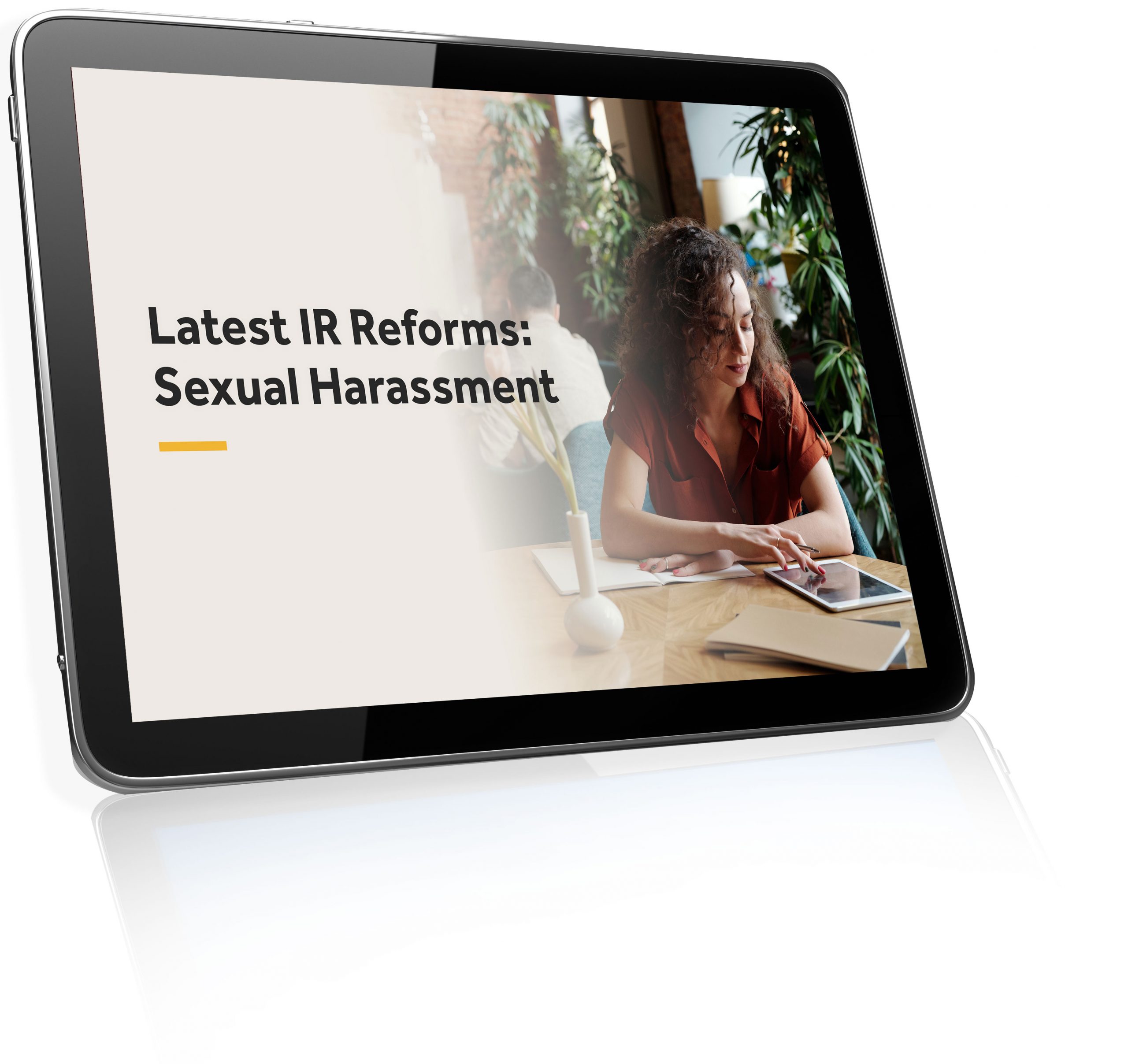
If you are active on LinkedIn or other social media platforms, you may have noticed the buzz surrounding ChatGPT. Google followed the hype and launched Bard, a competitor to ChatGPT creating ripples around the AI (Artificial Intelligence) powered platforms and its future. But what does this buzz and hype indicate? Is AI the future for businesses and professionals? What does AI hold for small business owners? Is it even worth considering?
Artificial Intelligence
Artificial Intelligence refers to the simulation of human intelligence in machines that are programmed to think and learn like humans. This includes understanding language, recognising images, making rational decisions, and solving problems. It is also called machine intelligence. Its aim is to completely replicate human cognitive thinking and processes so perfectly that a machine can think and act like a human being in all situations.
University of California computer scientists Stuart Russell and Google’s director of research, Peter Norvig, put AI into four broad categories:
Machines that think like humans
Machines that act like humans
Machines that think rationally
Machines that act rationally
Amazon, Microsoft, Google, and Apple are frontrunners of companies involved in artificial intelligence.
You also need to know that when someone mentions artificial intelligence, they are not talking about a singular technology. It is an umbrella term that covers different technologies of different categories and expertise levels.
How is AI different from the existing software you use?
An AI tool relies on data by human specialists. It learns how to achieve particular or desired outcomes based on that data. Then it’s trialled on new data, where it applies previous knowledge to achieve the outcome on its own. Over time, the AI tool can look at what it did in the past and learn from it, improving future outcomes. This is known as machine learning. Machine learning is one of the most common types of AI in use.
For example, Excel or Word can not be considered artificial intelligence. When you use a formula in Excel, it doesn’t comprehend multiplication, just the value of the numbers. Recommendation engines on websites, plagiarism checkers can be considered artificial intelligence as they use their programming to learn from new inputs and assess patterns and analyse responses.
AI can makeup everything, from the technology used in hospitals to toys, games, and even marketing. It has multiple uses across various industries.

Latest IR Reforms are here!
The Fair Work Act has been amended to include a prohibition on sexual harassment.
AI and business
AI is now involved in our daily lives, both professionally and personally. Many of us are comfortable with using Siri and Alexa to delegate tasks or simplify daily chores for us. Rather than seeing AI as a threat, we can look at it as a supporting tool. AI has wider implications for businesses and professionals compared to traditional tools and software.
Customer relationship management (CRM)-Customer service is the trickiest part of running a business. Business owners and employers spend hours dealing with repetitive enquiries or questions from customers. Handling customer queries and concerns can be automated. Chatbots and other forms of automated messaging systems can perform this task easily. A chatbot is something you can install on your website. It engages in conversation with a human being and acts like an instant messenger service. When a customer visits the website, the chatbot can ask if they need assistance. If the customer responds positively, the chatbot will offer answers and continue the conversation. A chatbot is a very useful way of reducing human hours spent on basic tasks and identify common pain points to resolve customer issues.
Digital personal assistants/ virtual assistants- AI can be used to reduce internal processes. You can use AI powered virtual assistants to manage your emails, maintain your calendar, and simplify internal processes. Digital assistants can also be programmed to answer calls or chat online.
Customising internet searches- AI uses data to identify and analyse patterns in people’s search behaviours and offer them customised information. As people start to rely on their devices more, AI can learn faster and adapt quickly. For small businesses, this can be really handy, and you can target audiences specifically.
Cybersecurity- Recently big businesses have come under cyber-attacks and it should come as a warning for small businesses. Cybersecurity is a major concern for all sizes of businesses. AI systems can recognize a cyberattack and identify potential cyberthreats by monitoring patterns. Once it detects a threat, it can find the source and help to prevent a future threat.
Sales forecasting- Sales forecasting can be a time-consuming process for small businesses. By using AI tools, you can cut down the time you spend on sales forecasting and also reduce risk of errors. AI can rely on historical data about won and lost leads to draw conclusions about what happened in the past.
While small business owners may feel its beneficial to have a data scientist on board for AI, it is not completely necessary. Nor is it necessary to be based in the tech industry or business to consider integrating AI. AI is easy to use and can empower your business if used for specific goals and outcomes.
Challenges
Like every new technology or shift in the traditional model of work, AI is seen with scepticism. There is always the fear of the unknown, of technology making jobs redundant and replacing workers. With inflation and the possibility of recession, this threat can cause employees to feel uncertain and view AI powered businesses as a danger to their livelihoods.
There is a lot of debate around AI replacing jobs and workers. Some experts deny that AI will automate jobs and make some jobs or roles obsolete. While others believe that it will make jobs easier, simplifying tasks and roles.
Small businesses have been hesitant to adopt or invest in AI due to the misapprehension of it being expensive or unnecessary. AI can be cost-effective if implemented to solve logic-based challenges for companies of all sizes.
What does the future hold?
The transition to AI will take years if not decades across various industries and sectors. The workforce will shift towards a specialised skill set and roles which will be automated will also require other elements such as creativity and emotional connections. There will always be a need for people in the workforce, but their roles may get transformed or modified.
If adoption of AI does lead to job losses, it will make businesses and employers rethink productivity and employment.
Whether you invest in artificial intelligence or not, it is always worth considering that the way we work can always be improved and innovated.
